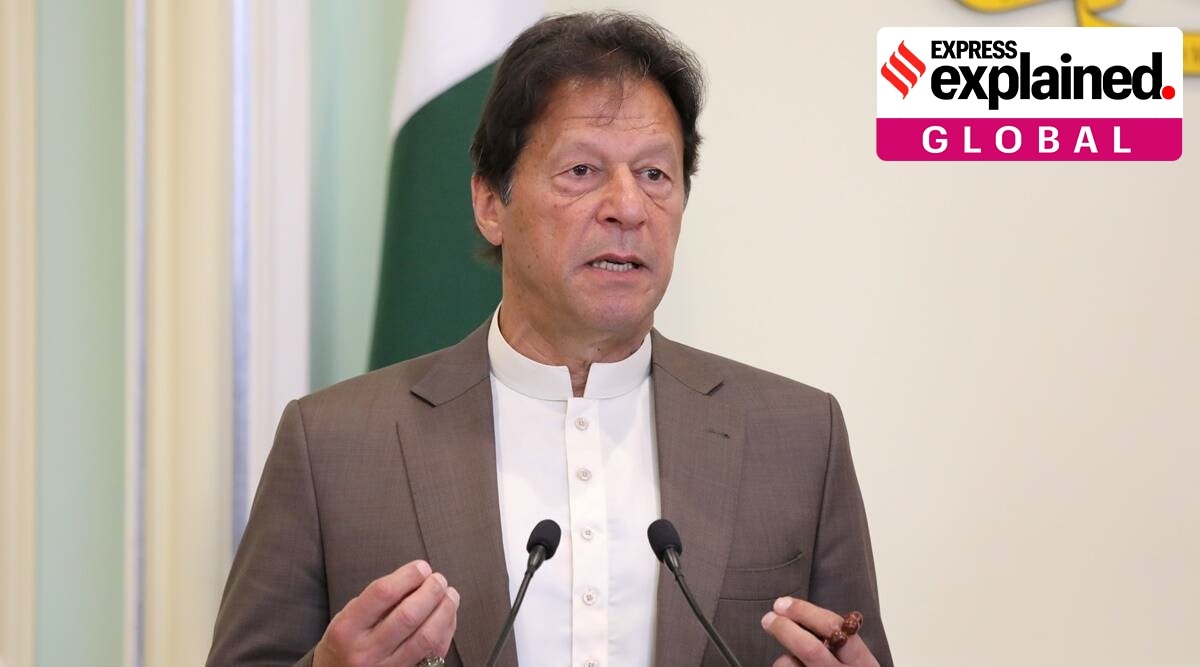Latest Comment
Post Comment
Read Comments
 The ruling Pakistan Muslim League (Nawaz) has criticized Khan and accused him of deepening the political crisis in the country. (File)
The ruling Pakistan Muslim League (Nawaz) has criticized Khan and accused him of deepening the political crisis in the country. (File) The provincial assembly in Pakistan’s Khyber Pakhtunkhwa was dissolved on Wednesday (January 18) after the Governor, Haji Ghulam Ali, accepted the request for dissolution by Chief Minister Mahmood Khan, who is a leader of former Prime Minister Imran Khan’s party, the Pakistan Tehreek-e-Insaf (PTI).
The move came just days after the assembly in the country’s most populous province, Punjab, was dissolved following an order by Imran. Like Khyber Pakhtunkhwa, Punjab too was ruled by the PTI.
The dissolution of the two provincial assemblies is seen as a bid by Imran to push for early national elections. The former prime minister has been demanding immediate polls ever since he was removed from the top job in April 2022.
Meanwhile, the ruling Pakistan Muslim League (Nawaz) has criticised Khan and accused him of deepening the political crisis in the country.
According to Article 112(1) of Pakistan’s Constitution, the Governor shall dissolve the provincial assembly if so advised by the chief minister. The assembly shall stand dissolved at the expiration of 48 hours after the CM’s advice.
Notably, unlike in Khyber Pakhtunkhwa, Punjab’s Governor Baligh Ur Rehman decided to not “become part of the process leading to the dissolution of Punjab Assembly” and refused to accept the CM’s advice. The region’s assembly automatically dissolved on January 15.
With the assemblies dissolved in Punjab and Khyber Pakhtunkhwa, caretaker governments will be set up in both provinces. According to The Express Tribune, the process has already started in Punjab as Imran has suggested three names for interim chief ministers.
As per Pakistan’s Constitution, a caretaker CM shall be appointed by the governor in “consultation with the chief minister and the leader of the opposition in the outgoing provincial assembly”.
A caretaker government can only run the day-to-day affairs of a province while any major decisions must be for the incoming government, as per the Supreme Court ruling.
Pakistan has usually had simultaneous federal and provincial elections. However, the country’s Constitution allows for separate polls.
It also mentions that once the provincial assembly is dissolved, elections must be held “within a period of ninety days after the dissolution, and the results of the election shall be declared not later than fourteen days after the conclusion of the polls.”
Therefore, Punjab and Khyber Pakhtunkhwa are bound to have assembly elections regardless of whether the general elections happen or not.